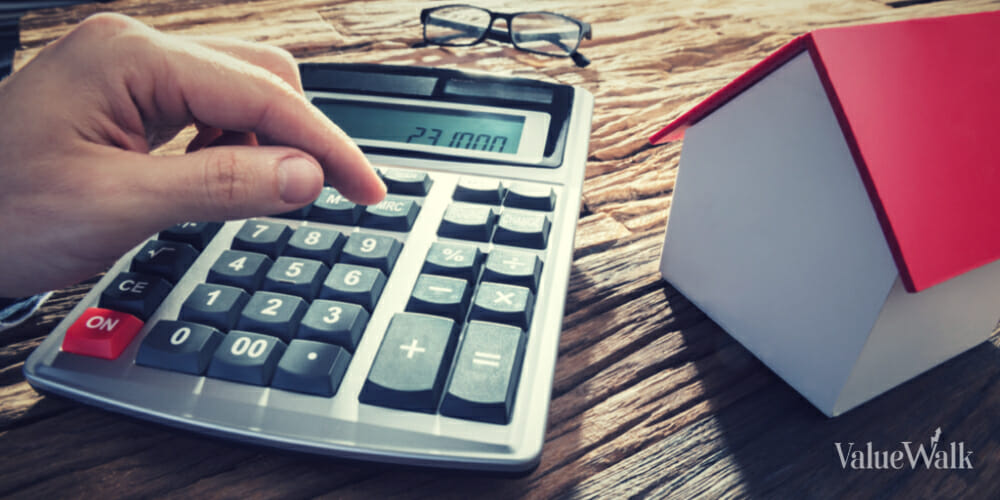Homeowners in New Hampshire may qualify for a rebate of up to $250, but for that, they need to apply by June 30. The property tax relief from New Hampshire targets low- and moderate-income families. The application period opened earlier last month.
Property tax relief from New Hampshire: who will get it?
New Hampshire’s Low- and Moderate-Income Homeowners Property Tax Relief Program offers property tax relief to homeowners with income below $37,000 annually (less than $47,000 for married couples or heads of household).
Lawmakers raised the threshold income in 2021 for the first time since the inception of the program in 2001. About a quarter of households had income less than $50,000 in 2022, as per the most recent data. Taxpayers can find their adjusted gross income on line 11 of their 2023 income tax form.
In addition to meeting income requirements, homeowners must own a homestead subject to the State Education Property Tax and must have lived in the same homestead on April 1 of the year for which the claim is made.
Homeowners eligible for property tax relief from New Hampshire need to submit their application to the Department of Revenue Administration by June 30. The authorities, by law, are allowed 120 days for processing from the date of receipt of the completed application.
Even homeowners who haven’t paid their 2023 property tax bill may receive the rebate. They will have to provide a copy of their 2023 year-end property tax bill and their IRS 1040.
Eligible homeowners can either apply online through the State’s Granite Tax Connect portal, or by submitting a paper form.
Visit the program’s webpage or call the State Department of Revenue Administration at 603-230-5920 to get more information on the property tax relief from New Hampshire.
More claims but fewer approvals
New Hampshire’s Low- and Moderate-Income Homeowners Property Tax Relief Program aims to reduce the State Education Property Tax burden on low-income taxpayers.
Even though the number of homeowners applying for the program has increased in recent years, the number of claims granted is on the decline. The number of claims granted has dropped from 27,208 in 2003 to just 5,943 for 2022 as of July 2023 data.
Fewer approvals could be due to the change in income reflecting rising inflation, as well as the fact that income thresholds didn’t change until 2021.
In 2021, the average relief paid was $240.51, the highest since 2003 when the relief was $275.65 (unadjusted for inflation), according to the New Hampshire Fiscal Policy Institute. The total relief paid was $900,000 in 2022, compared to around $1.4 million the prior year.
Although the property tax relief from New Hampshire has benefitted homeowners with low and moderate incomes, renters with substantially lower median incomes don’t qualify for the relief. In 2022, the median household income for renters was around $56,000, while it was around $108,000 for homeowners.

























